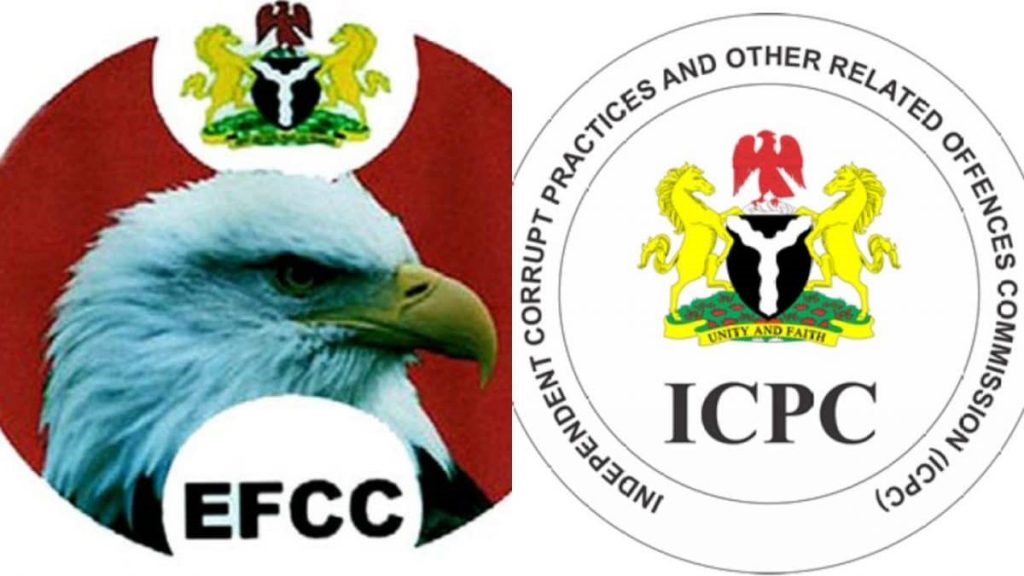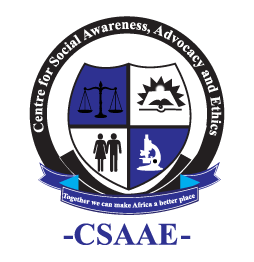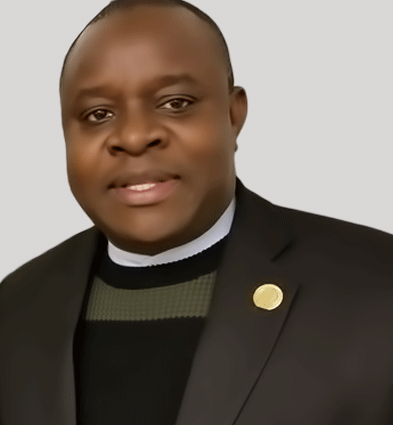Corruption has long been a scourge on Nigeria’s development trajectory, hindering progress, eroding public trust, and undermining the rule of law. In response to the pervasive nature of corruption, successive governments in Nigeria have established various anti-corruption agencies tasked with investigating, prosecuting, and preventing corrupt practices. However, the effectiveness of these agencies in combating corruption remains a subject of debate and scrutiny. In this article, we examine the performance of anti-corruption agencies in Nigeria and assess whether they are making a tangible difference in the fight against corruption.
The establishment of anti-corruption agencies in Nigeria dates back several decades, with notable examples including the Economic and Financial Crimes Commission (EFCC) and the Independent Corrupt Practices and Other Related Offences Commission (ICPC). These agencies were created with the mandate to investigate and prosecute cases of corruption, recover stolen assets, and promote transparency and accountability in governance. Over the years, they have conducted high-profile investigations, secured convictions, and recovered substantial amounts of looted funds.

One of the key indicators of the effectiveness of anti-corruption agencies is their ability to secure convictions and recover stolen assets. In recent years, agencies like the EFCC and the ICPC have recorded significant achievements in this regard, securing convictions of high-profile individuals implicated in corruption scandals and recovering billions of naira in stolen assets. These successes demonstrate a commitment to holding corrupt officials accountable and sending a strong message that impunity will not be tolerated.
Moreover, anti-corruption agencies have played a crucial role in raising public awareness about the detrimental effects of corruption on the country. Through media campaigns, public outreach initiatives and educational programs, these agencies have sought to mobilize citizens against corruption and promote integrity and accountability. By engaging with civil society organizations, the media and other stakeholders, anti-corruption agencies have amplified their impact and gained support for their anti-corruption efforts.
Despite these achievements, challenges persist in the effectiveness of anti-corruption agencies in Nigeria. One of the foremost challenges is the politicization of anti-corruption efforts, with allegations of selective prosecution and bias against political opponents. Critics argue that anti-corruption agencies often target individuals perceived as political adversaries, while turning a blind eye to corruption within the ruling elite. This undermines the credibility and impartiality of these agencies and erodes public trust in their ability to deliver justice fairly.
Furthermore, the slow pace of judicial proceedings and the prevalence of corruption within the judiciary pose significant obstacles to the effectiveness of anti-corruption agencies. Cases often languish in court for years, leading to prolonged delays in the administration of justice and diminishing the deterrent effect of anti-corruption efforts. Additionally, corruption within the judiciary undermines the integrity of legal proceedings and allows corrupt individuals to evade accountability through legal maneuvering and influence peddling.
Another challenge facing anti-corruption agencies is inadequate funding and resources. Despite their crucial mandate, these agencies often operate with limited budgets and manpower, constraining their ability to investigate complex cases and prosecute offenders effectively. Insufficient funding also hampers efforts to enhance institutional capacity, develop specialized expertise and implement comprehensive anti-corruption strategies.
To address these challenges and enhance the effectiveness of anti-corruption agencies in Nigeria, several measures can be undertaken. Firstly, there is a need for greater political will and commitment to combating corruption at all levels of government. Political interference in anti-corruption efforts must be curtailed and agencies should be allowed to operate independently without fear of reprisal or manipulation.
Secondly, reforms are needed to strengthen the judiciary and expedite the adjudication of corruption cases. This includes investing in judicial infrastructure, training judges and prosecutors and implementing measures to improve transparency and accountability within the judiciary. Additionally, the establishment of specialized anti-graft courts could help streamline legal proceedings and ensure the swift and impartial adjudication of corruption cases.
Furthermore, anti-corruption agencies must be provided with adequate funding and resources to carry out their mandate effectively. This includes allocating sufficient budgetary allocations, enhancing technical capacity, and leveraging technology and data analytics to enhance investigative capabilities. Collaborative partnerships with international organizations and donor agencies can also provide valuable support and assistance in building institutional capacity and implementing best practices in anti-corruption governance.
While anti-corruption agencies in Nigeria have made significant strides in combating corruption, challenges remain in realizing their full potential. Addressing issues of politicization, judicial inefficiency, and resource constraints is essential to enhancing the effectiveness of these agencies. By strengthening anti-corruption institutions, promoting transparency and accountability, and mobilizing citizens against corruption, Nigeria can make tangible progress towards eradicating this pervasive menace.


